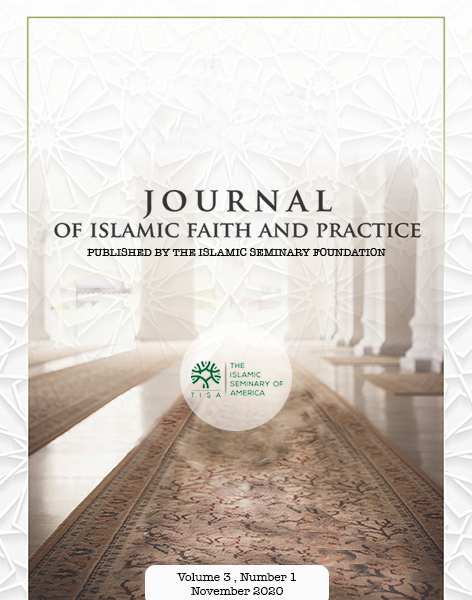Directive vs. Non-directive Clinical Approaches: Liberation Psychology and Muslim Mental Health
DOI:
https://doi.org/10.18060/24667Abstract
Liberation psychology (LP) is a psychological framework that emphasizes social justice as a key component of mental health, defined in LP as the ability of human beings to co-exist, live in harmony, and thrive in community. Muslim mental health as a clinical focus continues to develop, and most writing emphasizes the importance of cultural sensitivity in providing effective care for Muslims, which the literature often relates to the collectivistic nature of Muslim majority societies. The literature, in turn, often uses collectivistic tendencies and research to support 1-on-1 directive approaches.
This paper questions the use of such directive approaches as potentially re-creating a model of hierarchy and dominance that is connected to Muslims’ mental health challenges, particularly those of Muslim sub-populations. The authors suggest and discuss several LP-based alternatives, especially the use of group therapy as a more appropriate and culturally responsive model, from both di-rective and non-directive clinical orientations.

